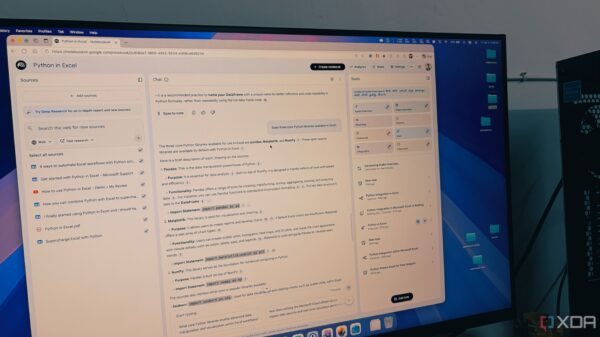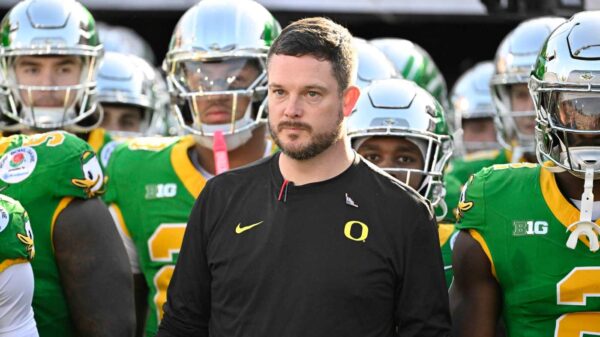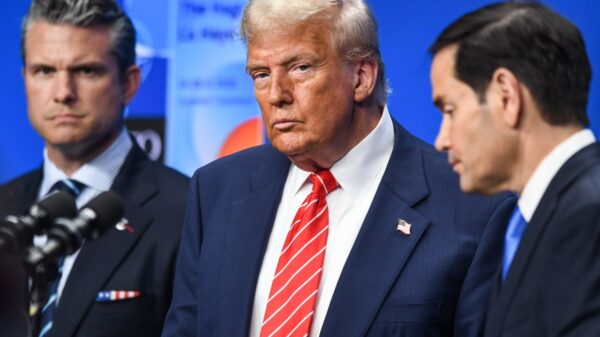Late-night television has increasingly taken on a significant role in political commentary, particularly as some shows face cancellation. In a recent column, journalist Cal Thomas critiques programs like The Late Show with Stephen Colbert, which is set to conclude in May, describing them as platforms for Democratic critiques of former President Donald Trump. This sentiment highlights a broader conversation about the influence of comedy on political discourse.
The late-night landscape, featuring hosts such as Jimmy Kimmel and former host Jon Stewart, often serves as one of the few counterpoints to the political messaging prevalent on networks like FOX. These programs provide a space for viewers to engage with political issues in a more humorous context. For many, these hosts play a crucial role in highlighting significant political events and decisions that might otherwise go unexamined.
For instance, during a recent episode, Trump expressed strong criticism of Jerome Powell, the chair of the Federal Reserve, whom he appointed. Trump described Powell as “loser” and “incompetent,” stating, “I was surprised he was appointed; I was surprised, frankly, that Biden put him in.” This comment reflects a recurring theme where Trump deflects responsibility, a point often targeted by late-night comedians who scrutinize his leadership.
The examination of political figures by late-night hosts extends beyond satire. These commentators reveal inconsistencies and contradictions in political narratives, particularly from Republican figures. As they analyze Trump’s remarks, they expose the gap between his statements and actions. For example, while Trump has criticized Powell, he was the one who appointed him, illustrating a pattern of blaming others for failures during his presidency.
In contrast, networks like FOX focus on narratives surrounding Trump’s well-being, often questioning his mental acuity while largely overlooking his accountability. Such an approach can create a skewed perception of events, particularly when the consequences of Trump’s actions are discussed.
The recent controversy surrounding the Epstein files further illustrates the complexities within Trump’s base. Many supporters are now voicing frustration over his failure to fulfill promises made during his campaign, particularly regarding the release of these files. As they demand accountability, some supporters find themselves on the receiving end of Trump’s criticism, highlighting a troubling dynamic where loyalty is expected without question.
This situation raises critical questions about leadership and the nature of authoritarianism. As Thomas notes, an authoritarian figure often prioritizes personal authority over the needs of their supporters. The ongoing dialogue in late-night television serves as a reminder of the importance of questioning political narratives and holding leaders accountable.
With The Late Show with Stephen Colbert soon to conclude, its impact on political discourse remains significant. As late-night hosts continue to address important political issues, they provide a necessary counterbalance to mainstream media narratives, encouraging viewers to think critically about the information presented to them.






































































